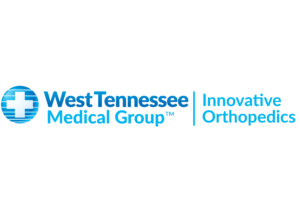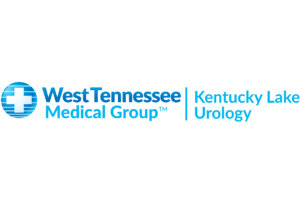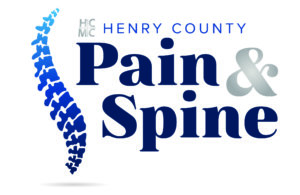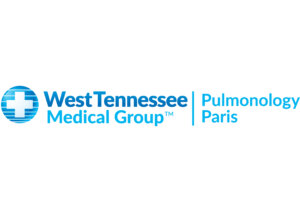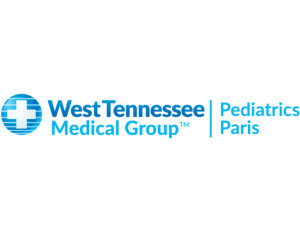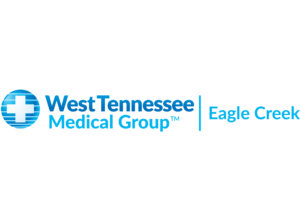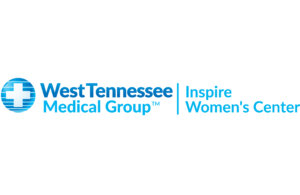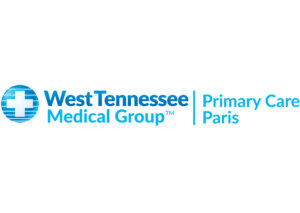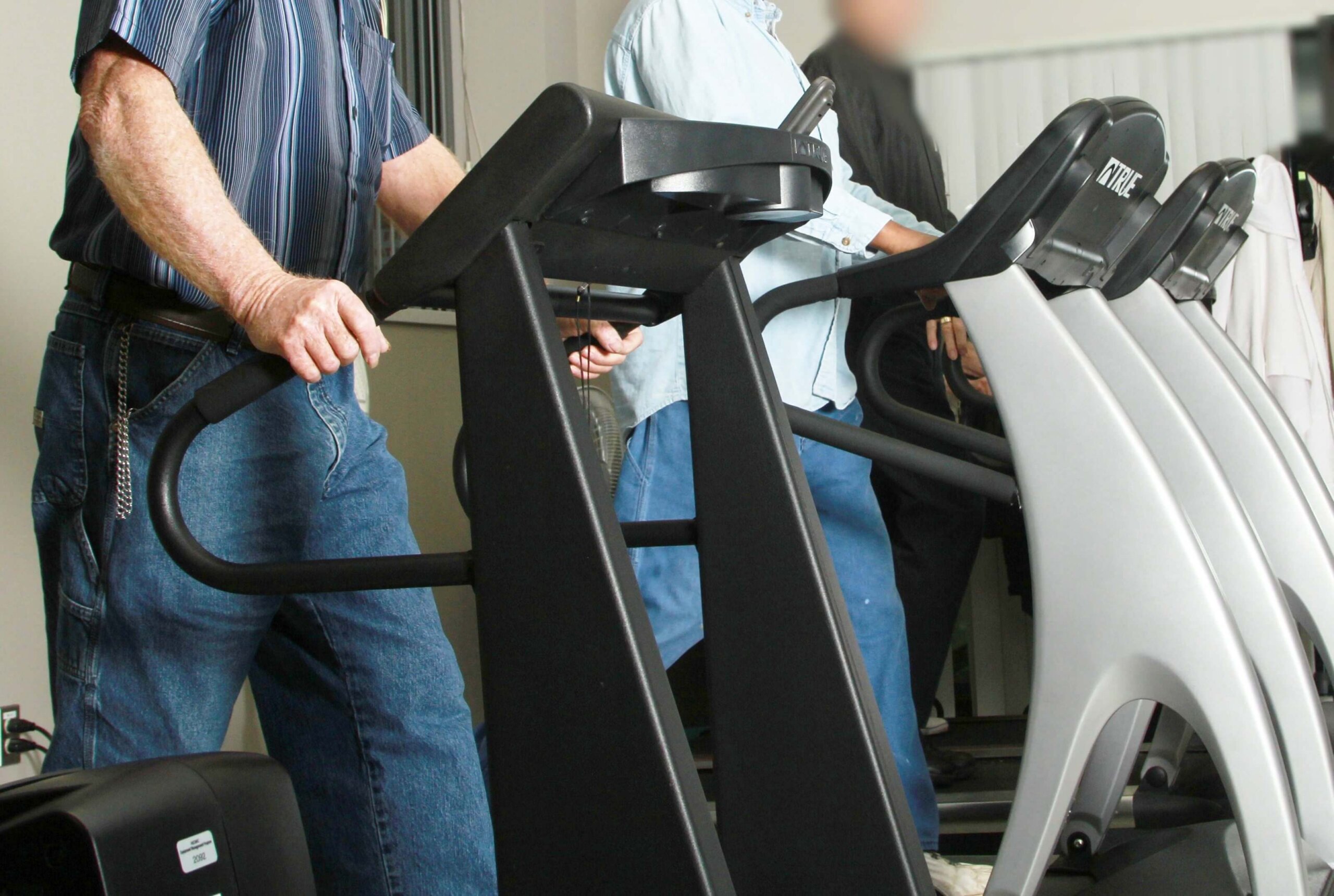
PARIS, TN – Henry County Medical Center Cardiac Rehabilitation outpatient program has been offering many phases of rehab to Henry County and the region for many years with devoted patients striving to improve and reverse side effects of a heart attack or other heart-related issues they have encountered. And, HCMC Cardiac Rehab is now offering a new vascular rehab program for Peripheral Arterial Disease with the goal to increase pain-free walking time and improve the patient’s overall quality of life.
Vascular Rehab is a standard of care for Peripheral Artery Disease (PAD). PAD is a circulatory issue in which narrowed arteries reduce blood flow to the limbs (usually the legs) causing symptoms, including leg pain, when walking (claudication). PAD is also likely to be a sign of a more widespread accumulation of fatty deposits in the arteries (atherosclerosis), a condition that may also reduce blood flow to the heart and brain.
HCMC Cardiac Rehab has developed a program that helps patients living with PAD improve their daily pain with walking. It is a comprehensive exercise program with sessions, three-times-per-week for twelve weeks. The rehab sessions focus on providing help and support including exercise coaching, smoking cessation, risk factor reduction and nutrition education. Benefits include:
- Decrease onset of pain with walking
- Increase maximal walking distance
- Improve blood flow through the vessels
- Reduce the risk of future heart and other vascular problems
- Lower blood pressure
- Improve your dietary habits
- Improve your quality of life
Each year, roughly 915,000 Americans will have a heart attack and more than 30% will have a second and potentially fatal event. Cardiac rehabilitation reduces the risk of a future cardiac event by stabilizing, slowing or even reversing the progression of cardiovascular disease. Patients with other cardiovascular diseases such as valve repair, heart failure, and transplants also benefit from cardiac rehabilitation programs.
HCMC Cardiac Rehab offers several phases of the program to improve exercise tolerance, quality of life and decrease mortality. Our Cardiac Rehab program is staffed by RN’s that are trained to educate patients on their disease processes, identify and help patients modify risk factors, recognize arrhythmias, and adverse response to exercise. Our programs begin with Phase 2 which is a monitored program for patients with recent heart attack, stent, valve replacement or repair, bypass surgery, heart transplant, or diagnosis of heart Failure or stable angina.
“We begin by identifying each patient’s risk factors for coronary artery disease, Including: high blood pressure, diabetes, high cholesterol, obesity, smoking, and sedentary lifestyle. Once identified, patients are taught how to reduce these risk through diet, exercise, and medication compliance. Patients also get a psychosocial benefit from the social support provided by the group setting during their recovery period,” said Christie Glass, RN.
Patients in the phase 2 program are monitored by telemetry during their prescribed exercise routine. Each patient’s heart rhythm, blood pressure, oxygen saturation, and fluid status is assessed during their session. HCMC Cardiac Rehab works closely with the patient’s cardiologist, cardiovascular surgeon, and primary care providers to keep them informed of the patient’s progress.
The phase 3 program is a non- monitored maintenance program for patients that have completed the phase 2 programs. These patients pay a monthly fee for supervised exercise and vital sign, and fluid status monitoring. These patients are eligible for educational programs offered in the department from other ancillary departments at HCMC.
Phase 4 is a community exercise program for patients whose physician believe they would benefit from exercising in a supervised environment but do not have a qualifying diagnosis to meet the criteria for the Phase 2 monitored program. Examples of these are patients that have high blood pressure, chronic arrhythmias, or higher functioning heart failure patients. These patients have to be cleared by their physicians for supervised exercise.
You can benefit from Cardiac Rehabilitation if:
- You have had a Myocardial Infarction (MI) within the past 12 months
- You have had Coronary Artery Bypass Graft (CABG)
- You have stable angina with current documentation in your medical chart
- You have had a heart transplant
- You have had a valve replacement/repair within the past 12 months
- You have had coronary stents within the past 12 months
- You have Heart Failure with ejection fraction less than 35
“HCMC Cardiac Rehab strives to provide quality care in a supportive environment with a focus on risk factor modification and improved exercise tolerance,” said Glass, “We work with the Chronic Disease Management Team and utilize the Registered Dietician for nutrition classes to educate our patients on living a heart-healthy lifestyle and improve quality of life.”
Henry County Medical Center’s Cardiac Rehabilitation programs are covered by Medicare and most commercial plans when medically necessary. Patients must have a physician referral to participate in the program. For more information call 731-644-8558 on Monday, Wednesday or Friday between the hours of 7 a.m. and 4:30 p.m.
About Henry County Medical Center
Located in Paris, TN, Henry County Medical Center is a progressive, integrated healthcare organization committed to serving the healthcare needs of Henry County and the adjoining region. Including a 142-bed hospital and other facilities, the medical center provides a variety of outpatient services, as well as inpatient care. Additionally, HCMC owns and operates 7 provider clinics in various specialties. Henry County Medical Center is a county-owned and operated nonprofit institution. For more information: www.hcmc-tn.org.
